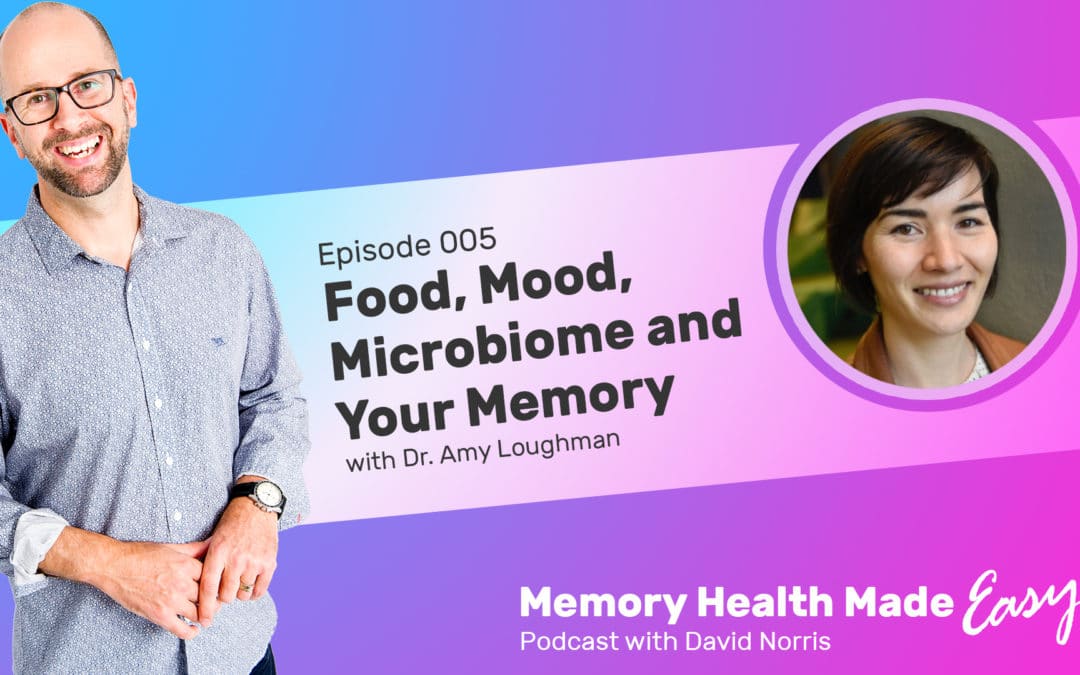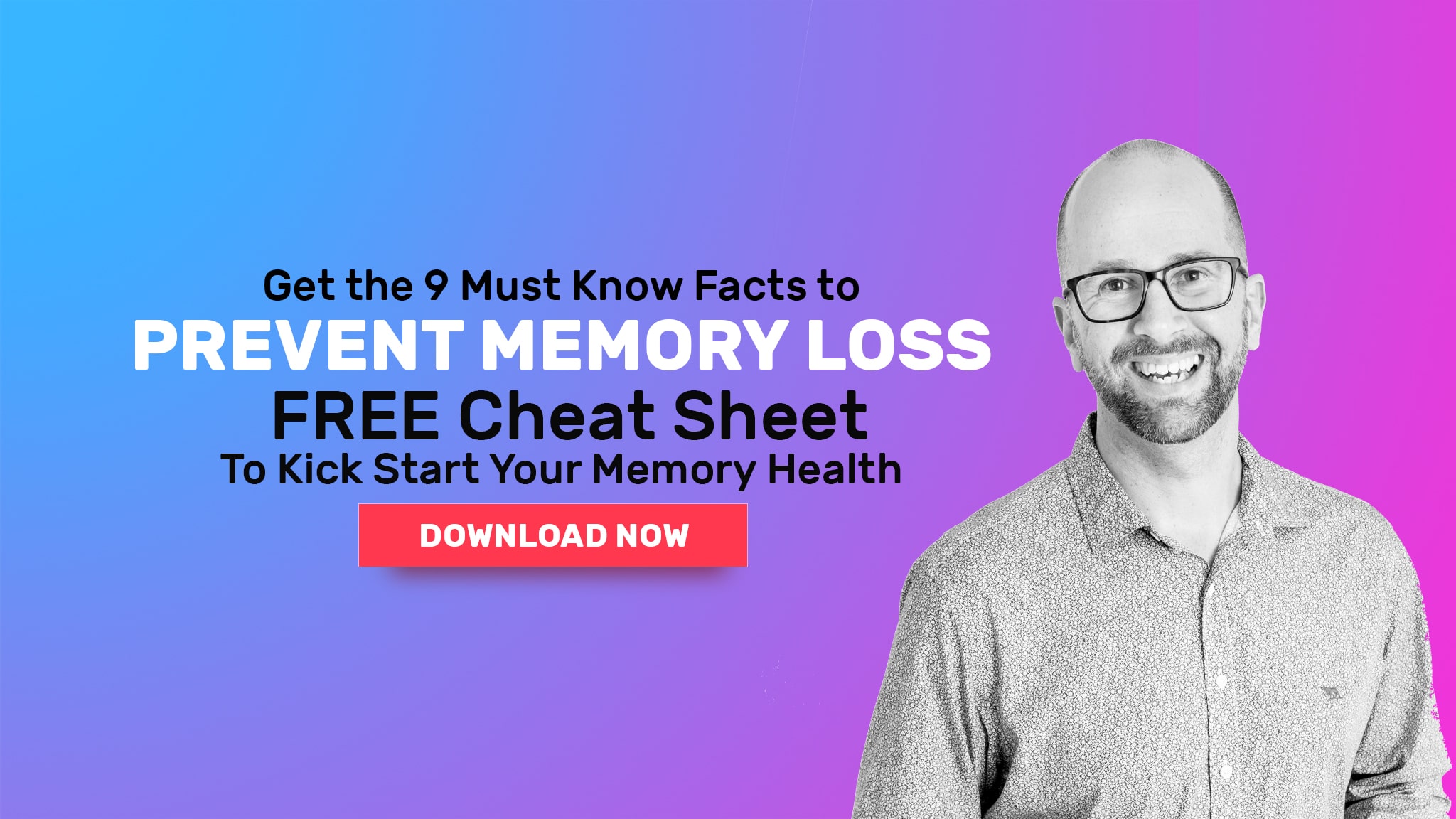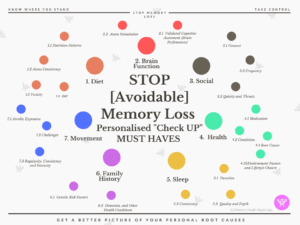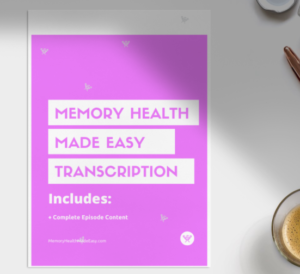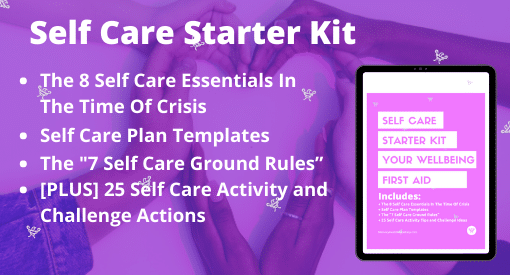iTunes | Google Play | Libsyn | Spotify | Stitcher | TuneIn Radio | YouTube | Twitter | Facebook
Bonus Material: 9 Things Your Brain Needs to Thrive Cheatsheet
In this day and age where everything is instant, it’s crucial to take care of your mental and physical fitness. One of the ways to achieve a well-balanced and healthy mind and body is by taking care of what you eat. After all, we are what we eat, right? So for us to be healthy, we have to maintain a robust digestive system.
In today’s episode, we’re joined by Dr Amy Loughman of the Food & Mood Centre. We’ll talk about the importance of the gut microbiome and how it affects and maintains our mental health.
She will also discuss the emerging science and discoveries about psychobiotics (the tummy bugs which appear to influence your behaviour, mood and you guessed it, your memory). These small organisms appear to have a big impact on how your brain functions.
Tune into the show to learn how healing your cognitive health could well start in your guts! (sounds gross but fascinating, right?)To Grow Your Brain Skills To Their Potential You Need These 9 Things In Your Life

About Our Guest
Dr Amy Loughman is a post-doctoral research fellow who leads the microbiome research team at the Food & Mood Centre. She is clinically trained in neuropsychology and is an expert in memory function and brain diseases.
The Role of Gut Microbiome in Your Wellbeing
Understanding Mood and Memory Changes
- There can be fluctuations across our lifespan, and a lot of them are normal.
- If you are experiencing low mood and other symptoms that are bothering you, it is not always a sign of dementia.
- Failures in your memory could be due to many things such as high level of stress.
- What memory changes aren’t normal
- Depression can change the clarity of your thinking and the way your brain works.
Importance of Nutrition and Sleep
- Sleep can maintain cognitive health and fitness.
- High levels of nutrition throughout the lifespan, and particularly as we age, can significantly affect our susceptibility to cognitive decline and dementia.
- Sleep, physical activity, and stress combined provide a risk profile for people in terms of brain health in their older age.
Depression can change the clarity of your thinking and the way your brain works. Click To Tweet
What Is The Microbiome?
- It’s usually referred to as the gut microbiome.
- The microbiome is a collective community of microorganisms that comprises mostly of bacteria, as well as fungi, algae, and other microscopic life forms.
- It weighs approximately 1 kilogram and includes a host of microorganisms which are living mostly in the large intestine (part of the digestive tract).
- It’s also important in the oral cavity.
Recommended Diet for a Healthy Brain and Gut
- The Australian Dietary Guidelines is a useful starting resource.
- Some recommended foods are plenty of fresh fruits and vegetables, whole grains, and lean animal proteins. Fibre, Fibre, Fibre!
- What to watch out for when looking at the back of the box
- Limit your consumption of processed food and snacks.
Psychobiotics
- Probiotic: living organism or bacteria that we take to add to the community of organisms
- Prebiotic: a type of fibre that feeds the bacteria or the probiotic
- Symbiotic: a combination of the two
- There have been animal studies which show that specific gut-directed microbiomes changed their brain function and improved their behaviour.
- It is, however, tricky to recommend a particular probiotic or prebiotic.
Maintaining the Robustness of Our Microbiome
- Take care of your physical health.
- Even if you take antibiotics, the gut bacteria can bounce back and replenishes with proper diet.
- Avoid foods which contain artificial sweeteners, emulsifiers, and preservatives.
How Bacteria Communicates with Our Brain
- The vagus nerve connects the brain to almost all the organs of the body, including the gut.
- Bacteria produce byproducts which can communicate and even dictate the brain, as well as cells around the body.
- Signals the brain through a variety of mechanism.
How the Gut Influences Disease Process
- An inflammatory response maybe one factor.
- Bacteria maybe involved in the pathology of some types of Alzheimer’s disease.
- There are bacteria present in the brain tissue of people who have died with Alzheimer’s disease.
- The bacteria found were in quite high levels which correspond to bacteria in the mouth. It again suggests that it’s not just the gut bacteria but can also involve the flora found in the oral cavity.
The Healthy Brain Project
- It is a project of the Florey Institute for the people of Melbourne who might be interested in knowing more about brain health and taking part in an annual survey.
- It seeks to understand the lifestyle and biomarkers that relate to a risk of Alzheimer’s disease in healthy middle age.
- They are looking at the earlier part of life to see whether they can identify the factors that are increasing or decreasing the risk.
- They are also finding specific biomarkers to give an insight into how the brain changes well before symptoms emerge.
- The project aims to generate preventive strategies for factors that impact the gut microbiome and the brain.
Resources
Articles
- Cheng et al, (2019) Psychobiotics in mental health, neurodegenerative and neurodevelopmental disorders https://www.sciencedirect.com/science/article/pii/S1021949819300158
- The Health Brain Project: https://www.florey.edu.au/science-research/clinical-trials/the-healthy-brain-project
- Prof T. G. Dinan & Prof. J. F. Cryan : Melancholic microbes: a link between gut microbiota and depression? https://onlinelibrary.wiley.com/doi/full/10.1111/nmo.12198
Book
- Memory-Wise by Dr Anne Unkenstein
- The Psychobiotic Revolution by Scott C Anderson
Websites
You can reach out to Dr Amy by sending her an email. You may also connect with her on Twitter and Instagram. Check out the Mind Body Microbiome and Food and Mood Centre to know more about the microbiome and how it affects our wellbeing.
Did Your Grey Matter Grow? Enjoy The Podcast?
If it’s a “Oh Yes I did David!” Then please, do yourself a huge favour and subscribe to the podcast.
5 Star Review Worthy? If it is we’d love your review. It really does go a long way to help us reach and serve more people.
Do you want to help other people prevent avoidable memory loss? Yes? One simple way is to share what you’ve learned today.
Here’s How: Take a screenshot of the podcast, post it on social media, make a comment and link to the show, is one, very easy way to help cement your learning and brings you closer to action as well as gifting to others the seeds of better memory health!
FREE Guide To Help Prevent Memory Loss
Grab a free copy of the 9 Principles for Memory Health For Life CLICK HERE. A simple framework to reduce your risk for memory loss. Go on, what have you got to lose?
Of course you can reach me, David Norris, here on the website and connect with me on LinkedIn or Twitter.
To better memory health,
David
P.S. Did you get the free guide? If not here’s the link.

